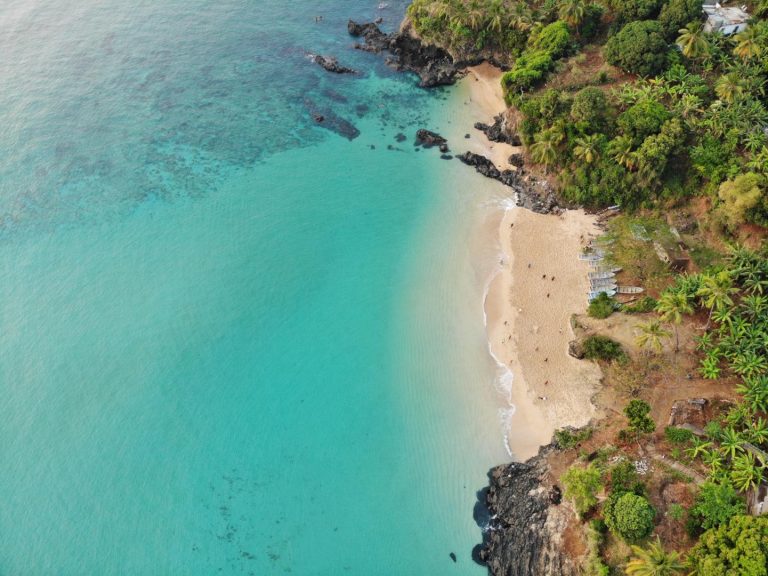ABSTRACT
In the 1960s and 1970s the biology and geology of the Grand Récif of Tuléar, (now Toliara) in southwestern Madagascar, was thoroughly studied and reported. Toliara is the largest city in the south of the country, and the Grand Récif offshore provides both artisanal fisheries and coastal protection to the growing regional capital. Substantial research on the comparatively pristine reef was described in a volume of Atoll Research Bulletin in 1978. Since then, published scientific study of this reef has been largely lacking. The present study compares the condition of the Grand Récif of circa 40 years ago, with that seen in a brief resurvey undertaken in 2008, on transects corresponding to some of those documented previously. The trend has been of severe degradation; hard coral cover on the fore-reef slopes has declined substantially, and there has been a near total loss of the “architectural species” in particular. Coral has been replaced to great extent by fleshy algae. Observations also indicate severe decline on the broad reef flat, back reef and lagoon areas. Perhaps most seriously for the local fisheries and human communities, is that the fore reef is almost depleted in reef fish today.
Comparisons are made of coral cover, coral morphological types and fish trophic structure with other reefs in southern Madagascar, which are not located near large human populations. Although a rise in mean sea surface temperature has occurred throughout the region of approximately 1oC over this 40 year period, which is probably a contributing cause of decline throughout, the Grand Récif is in much worse condition than most of the more remote reefs with which it is compared. It is suggested that the main reasons for the substantial decline in the Grand Récif over the past 40 years lies in the fact that the region’s population has grown substantially, there is a complete lack of any resources management, heavy overfishing, and no pollution control, resulting in massively increased discharges of sewage, sediments and other pollutants.
Reef condition today is unrecognisable from that described in the 1970s. Unless far-reaching and effective management interventions are adopted to safeguard the Grand Récif the remaining ecosystem services upon which Toliara and its population depend will soon all but disappear.

















